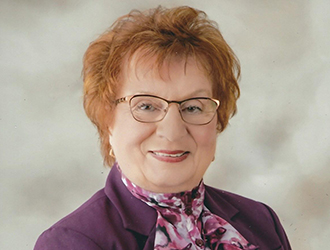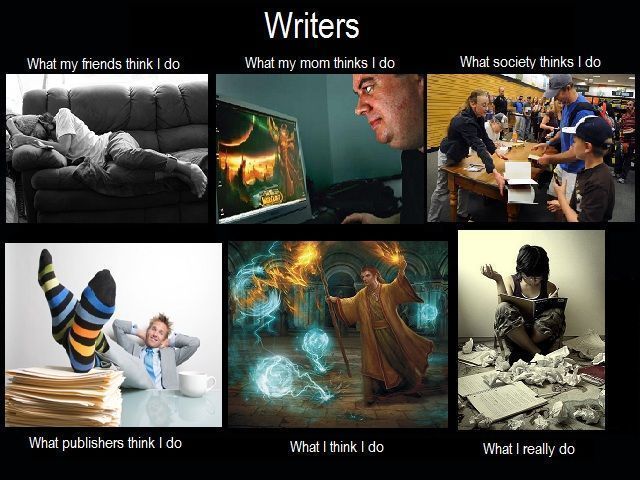It’s been an interesting year since my memoir was published while I learned an awful lot from experienced authors about how to get my book out there. Following their advice, I started this blog, sent out book releases, contacted local book stores and let all my friends, colleagues and acquaintances know through social media. These activities allowed me to a get good start, but to get to the next level, I had to find new ways to advertise beside on Facebook.
I tried contacting local book clubs and organizations. My own book club was the first to support me one month, by reading and discussing the book. We had a marvelous time. I then made the rounds of other book clubs. Thanks to friends in other communities, I was able to spread out. These appearances were invariably interesting and informative and led to great learning experiences with small book sales.
More recently, I had a brainstorm as I was preparing to go on a cruise. I contacted the cruise line a few months in advance, reaching out to customer service to find out how to get in touch with the cruise program director on my ship. I wanted to hold a book-signing as an alternative program on an “At-Sea” day. Alas, the cruise line would not allow it, although without a good explanation about why not. Nevertheless, they offered to set up a conference room for me to do a reading – no book sales and no listing/advertising in their daily newsletter. But, they agreed to set up my large poster with a program announcement, printed in regular fashion by the cruise line. These were to be displayed in the hallway outside the conference room, for one hour beforehand.
We had also made and brought flyers with us. On the day of the reading, we posted flyers around the ship about 2 hours before the event. We were gambling that people would be interested in a different activity and it worked! There were a good number of people at the reading (even though we were competing with the $10 Sale) which was followed by a lively discussion among the attendees, sparked by a question from the audience. There were some books sold as a result of the event.
Finally, I tried something totally out of the box for me. I made a pitch at a conference of program managers, representing organizations which are likely to have an interest in the subject matter of my memoir. It was an expensive and nerve racking effort, competing with a huge group of previously published authors, and some well-known authors, but most of all it was extremely instructive. The pitches differed in so many ways from a really funny one by a comedian, to the very polished presentation by a former speech-writer for President Obama. Again, I can say it worked. I have received my first invitation to do a book-signing before a large audience!


 Zadie Smith (Photograph: Francesco Guidicini)
Zadie Smith (Photograph: Francesco Guidicini)  When Council President and candidate for re-election, Carmela Vitale of Myrtle Avenue,, is asked why she wants to run for Madison Borough Council, she responds: “My answer is simple, I love representing the residents of this wonderful town, and I want to continue to make it an even better place to live. The next few years are going to be very exciting times for Madison, and I feel that my experience in government will help us assess and implement the new ideas we will be pursuing. I am also very pleased to be a part of one of the best, most effective Councils that I have ever been privileged to serve on. We get things done!”
When Council President and candidate for re-election, Carmela Vitale of Myrtle Avenue,, is asked why she wants to run for Madison Borough Council, she responds: “My answer is simple, I love representing the residents of this wonderful town, and I want to continue to make it an even better place to live. The next few years are going to be very exciting times for Madison, and I feel that my experience in government will help us assess and implement the new ideas we will be pursuing. I am also very pleased to be a part of one of the best, most effective Councils that I have ever been privileged to serve on. We get things done!”









